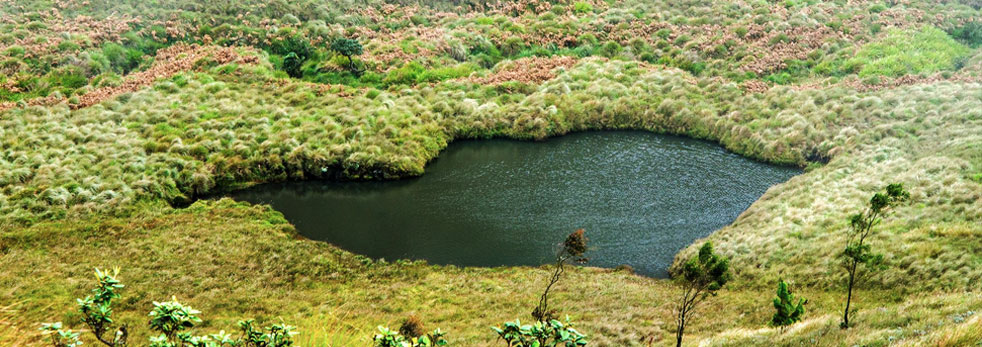
Providing adequate supplies of fresh water to the world’s seven billion plus population is a serious issue facing individuals, communities, governments, agriculture and businesses. Most fresh water is used in agriculture. During the past few decades, much progress has been made cleaning up and preventing water pollution. Municipal water supplies have been improved, and new facilities have been built in many under developed countries. Nevertheless, in many cities and towns around the world domestic water is still unsafe to drink. Most governments have programs dealing with water issues, but they are usually underfunded and lag behind current needs. The double edge sword of providing potable, safe water for domestic use and dealing with polluted water confronts most government programs. Some regions of the world are already facing shortages of fresh water. Expanding populations in the world’s arid regions are now depending upon expensive desalination, For example, potable water is now being produced from salty sea water in Australia, Israel and California, United States. Climate change has introduced a huge element of uncertainly into weather patterns and the predictability that current freshwater supplies will be adequate or even available for future use.
The current supply of fresh water used globally is struggling to keep up with current demands. Expanding human population and businesses are demanding more water. Old water delivery systems are prone to leakages and thus wasting water. Agriculture employs wasteful irrigation practices. Increased use of chemical fertilizers, herbicides, and pesticides are caused chemical contamination of water resources. Past industrial practices have polluted some sources of fresh water. Under developed countries are struggling to upgrade potable water delivery systems. Continuing damming of free flowing rivers destroys natural habitats and ecosystems. Properly treating waste water sewage and industrial waste is expensive. Only developed countries have adequate financing and environmental laws supporting waste water treatment. Under developed countries lack funding and environmental laws to adequately treat waste water that results in pollution of existing water supplies. In addition, human health is directly to the availability of safe, potable water, and the lack of polluted surface and ground water supplies.
A combined effort by governments and business are needed to improve water supplies and prevent and reduce pollution. Funding needs to be directed to upgrade old, inefficient and out dated water supply facilities. Innovation is needed to find ways to use less water in agriculture and businesses. Existing ground water aquifers need strict and guaranteed protection. Existing catchment areas for municipal water reservoirs need to be expanded to meet future needs. In many under developed countries, cities and urban area are expanding. Water supplies are needed for these growth areas. Economist point out that it is far less costly to protect freshwater drinking supplies that it is to expend much large amounts of money to process polluted water for human consumption and industrial use. PT Explorers will have articles and conservation new on issues and solutions to water resources.
Copyright © 2026. All rights reserved. PAWS TRAILS EXPLORERS